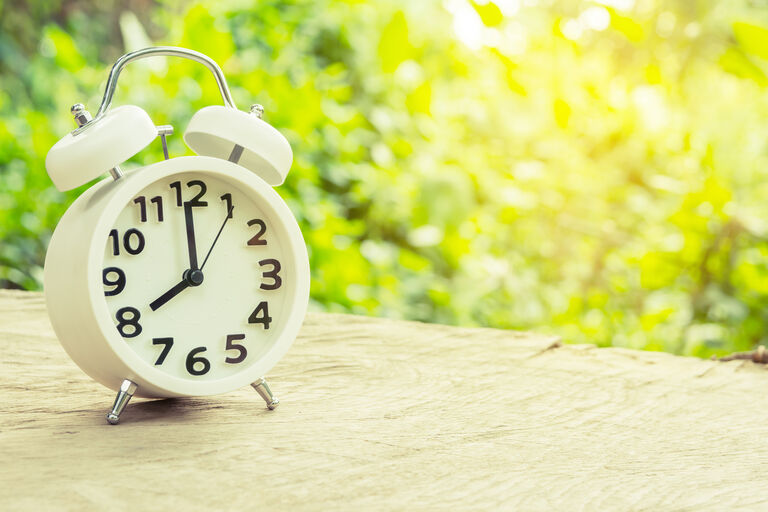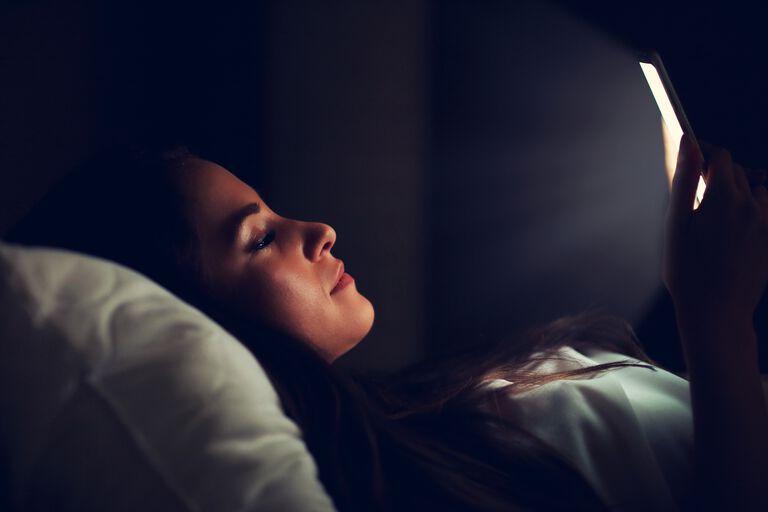Time change and sleep: how to adjust sleep schedule when the clocks go forward?

After the long, dark winter months, the clocks going forward an hour can often come as something of a relief.
Signalling the start of British Summer Time (BST), it coincides with the mercury rising, the flowers blooming and evenings spent in a beer garden with friends.
It occurs each year in March, close to World Sleep Day.
But does this seemingly small change to our clocks have a bigger impact on our lives than simply losing an hour’s sleep on the day it happens? TEMPUR looks at why the clocks go forward and what it means for our sleep…
WHY DO THE CLOCKS GO FORWARD IN SPRING?
The clocks going forward is a fairly recent innovation.
It was a process that was introduced by the UK government during the First World War as an attempt to lower the amount of coal and oil that was used to light and heat factories and houses.
The Summer Time Act of 1916 was passed and the first day of BST occurred on 21 May 1916.
After the war ended, the act stayed in place and continues to this day.
DO THE CLOCKS GOING FORWARD AFFECT MY SLEEP?
The reason the change is on a Sunday is to cause as little disruption to our lives as possible.
In fact, with many of us using our phones for timekeeping, our first realisation that the clocks have gone forward is when we wake up to find it is 11am rather than the expected 10am – something that shouldn’t cause too many issues.
If we do have to get up on the Sunday, then the loss of an hour’s sleep shouldn’t affect us much at all. If we follow the rule of thumb that’s used for jet lag (that one hour’s loss of sleep takes one day to recover from) then you should be right as rain for Monday morning.
However, light is one of the main cues to our body that it is time to wake up. As the sun seeps through the curtains, our body recognises this sunlight and tells our brain it is time to wake up.
During the summer months, the mornings are brighter earlier, so our 24-hour body clock becomes slightly out of sync and we can wake up earlier than we usually would.
HOW TO AVOID LOSING SLEEP WHEN THE CLOCKS GO FORWARD
If you absolutely have to be at your best for the Sunday morning, then there are a few simple steps you can take in the days leading up.
From the Wednesday start going to bed 15 minutes earlier every night so that, by the time the Saturday night comes along, you’ll be ready to hit the hay a full hour earlier.
Maintaining a consistent bed time routine is important for getting plenty of good quality sleep so, by making these small changes in the build-up, you should hardly notice the early night.
However, while having a big lie in at the weekend is generally discouraged, having an extra 60 minutes in bed this one time shouldn’t make any difference – it is Sunday after all!
Do you have any tips for getting a good night’s sleep? Are you looking forward to the lighter evenings?




